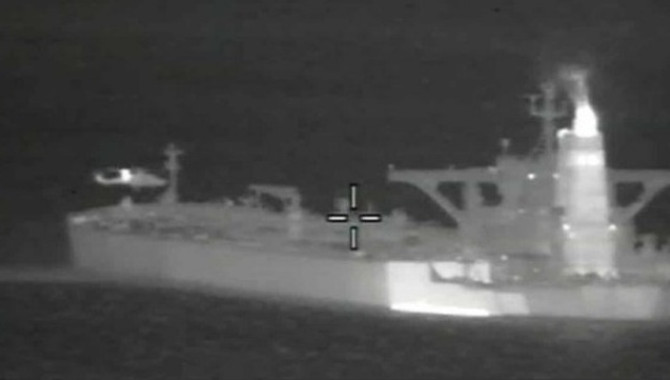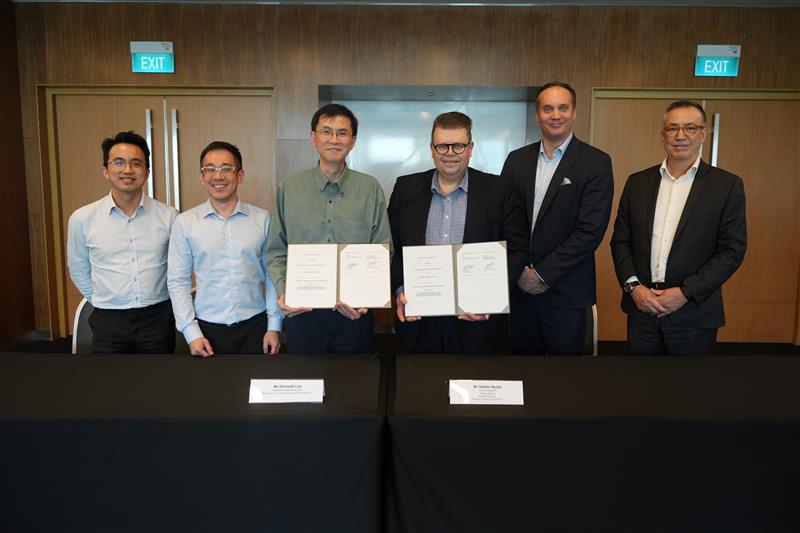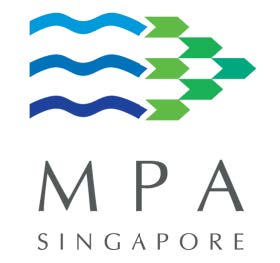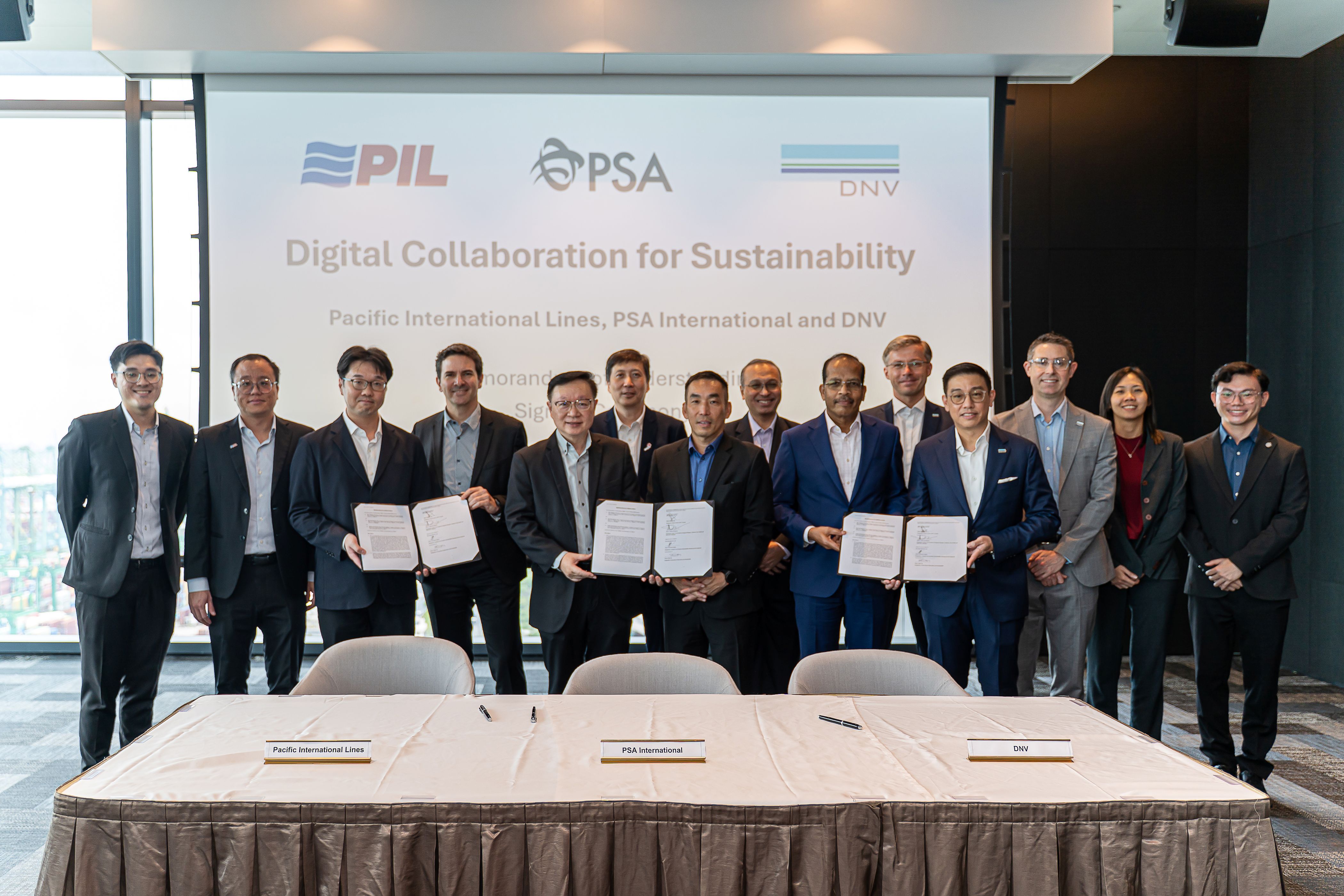
In a message to the "maritime community" Thursday, the U.S. State Department said that it will use an anti-terrorism law to deny visas to seafarers who work aboard vessels carrying Iranian oil. The announcement came as the Iranian-controlled tanker Grace 1 prepared to get under way from Gibraltar, where she had been detained since July 4.
"The United States assesses that the M/T Grace I was assisting the Islamic Revolutionary Guard Corps (IRGC) by transporting oil from Iran to Syria. This could result in serious consequences for any individuals associated with the Grace I," said State Department spokesman Morgan Ortagus in a statement. "The IRGC has been designated a Foreign Terrorist Organization (FTO) by the United States. Crewmembers of vessels assisting the IRGC by transporting oil from Iran may be ineligible for visas or admission to the United States under the terrorism-related inadmissibility grounds . . . of the Immigration and Nationality Act."
Ortagus indicated that this would apply to the crew of the Grace 1, "consistent with our existing policies concerning those who provide material support to the IRGC."
In a brief social media statement, Secretary of State Mike Pompeo gave a succinct description of the policy. "A message to all mariners – if you crew an IRGC or other [Foreign Terrorist Organization]-affiliated ship, you jeopardize future entry to the U.S.," he wrote.
The State Department policy would deny affected seafarers access to shore leave at U.S. ports. Thousands of seafarers call at America's seaports on international voyages every year, and unless they have a U.S. visa, they are not allowed to leave their ship. The State Department did not immediately address whether the travel ban would affect blacklisted seafarers' ability to transit through U.S. airports for crew changes.
The IRGC is an Iranian government entity, and it is deeply intertwined with the Iranian economy. By one estimate, its diversified civilian businesses account for about one third of Iran's total economic activity. For non-oil commodities, seafarers could have difficulty determining whether an Iranian cargo is an IRGC cargo.
In the case of transloaded cargoes, the commodity's origins could be even more opaque, even for those with extensive resources and access to all the available cargo documentation. On Friday, publicly-listed Australian conglomerate Incitec Pivot moved quickly to respond to a report that one of its subsidiaries had accidentally bought a shipload of urea from Iran. The product was picked up in Bandar Abbas by the bulker CS Future, then transloaded onto the Incitec-chartered vessel Bulk Aquila at the Chinese port of Lianyungang. Incitec told The Guardian that it had been "misled about the origin of the product" and was moving to offload the cargo as fast as possible. It said that it has launched an internal review to make sure that it is not exposed to similar liabilities going forward.
Source:maritime-executive
The opinions expressed herein are the author's and not necessarily those of The Xinde Marine News.
Please Contact Us at:
admin@xindemarine.com


 Baltic Exchange launches new Fuel Equivalence Conve
Baltic Exchange launches new Fuel Equivalence Conve  21 Consecutive Years of QUALSHIP 21 Recognition for
21 Consecutive Years of QUALSHIP 21 Recognition for  MPA and Wärtsilä Renew Partnership to Drive Marit
MPA and Wärtsilä Renew Partnership to Drive Marit  MPA and Dalian Maritime University Renew Partnershi
MPA and Dalian Maritime University Renew Partnershi  PSA INTERNATIONAL, DNV AND PACIFIC INTERNATIONAL LI
PSA INTERNATIONAL, DNV AND PACIFIC INTERNATIONAL LI  INTERCARGO Reaffirms Call for Simplicity as IMO Cli
INTERCARGO Reaffirms Call for Simplicity as IMO Cli